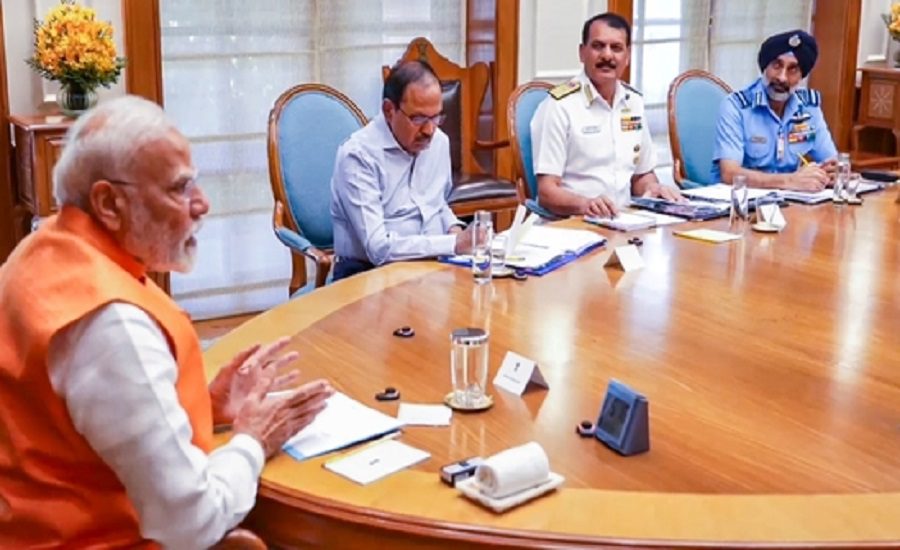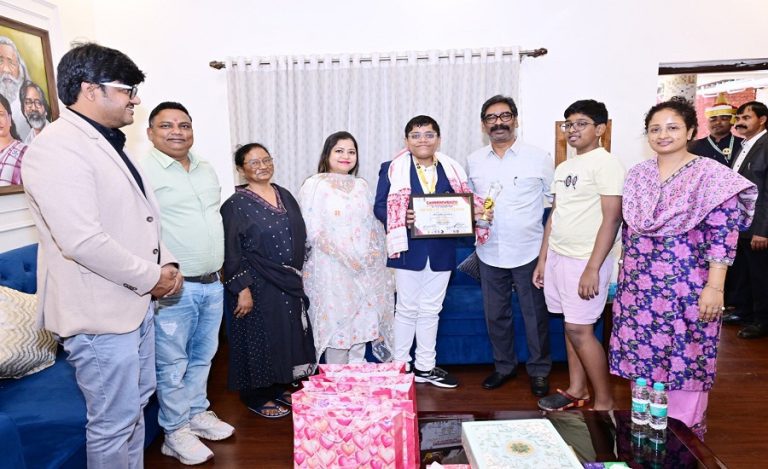New Delhi: In a strategic move to strengthen India’s national security planning and advisory structure, the Union Government has reconstituted the National Security Advisory Board (NSAB), inducting a diverse array of seasoned experts from the armed forces, intelligence, police, and diplomatic services.
Former R&AW chief Alok Joshi has been appointed as the new Chairman of the seven-member board, bringing with him decades of intelligence experience. A 1976-batch IPS officer of the Haryana cadre, Joshi is known for his tenure as RAW station chief in Nepal and his leadership on counter-terrorism efforts. He holds a Master’s degree in Political Science from Hindu College and is an alumnus of Jawaharlal Nehru University (JNU). Joshi also oversaw the establishment of India’s first Drone Application Research Centre and Cyber Security Centre in Dehradun in 2018.
The revamped NSAB includes:
- Air Marshal PM Sinha (Retd), former Western Air Commander
- Lt Gen AK Singh (Retd), former Southern Army Commander
- Rear Admiral Monty Khanna (Retd)
- Rajiv Ranjan Verma and Manmohan Singh, both retired IPS officers
- B Venkatesh Varma, former Indian Foreign Service (IFS) officer
This multidisciplinary team is expected to bring comprehensive perspectives to India’s security policymaking. The NSAB functions as an advisory body to the National Security Council (NSC), offering long-term strategic assessments, policy options, and recommendations on critical national security issues.
Reconstitution Announced After Second CCS Meet Chaired by PM Modi
The restructuring of the NSAB was announced following the second Cabinet Committee on Security (CCS) meeting chaired by Prime Minister Narendra Modi at his 7 Lok Kalyan Marg residence. The meeting comes in the aftermath of the Pahalgam terror attack, which left 26 tourists – 25 Indian and 1 Nepalese – dead in Baisaran Valley, Jammu & Kashmir.
Alongside the CCS, two additional cabinet committees – the Cabinet Committee on Political Affairs (CCPA) and the Cabinet Committee on Economic Affairs (CCEA) – were also convened. The first CCS meeting on April 23 led to a series of aggressive diplomatic actions by the Ministry of External Affairs (MEA) against Pakistan, including:
- Suspension of the Indus Waters Treaty
- Closure of the Attari Border Checkpost
- Visa restrictions for Pakistani nationals
- Expulsion of Pakistani defence personnel from India
- Recall of Indian military attachés from Islamabad
PM Modi reportedly gave the armed forces a “free hand” to respond, signaling a potentially forceful counterterrorism stance in the coming days.
The back-to-back CCS meetings underscore the Centre’s high alert mode and a reinforced focus on national security architecture, with the reconstituted NSAB expected to play a pivotal advisory role moving forward.





























